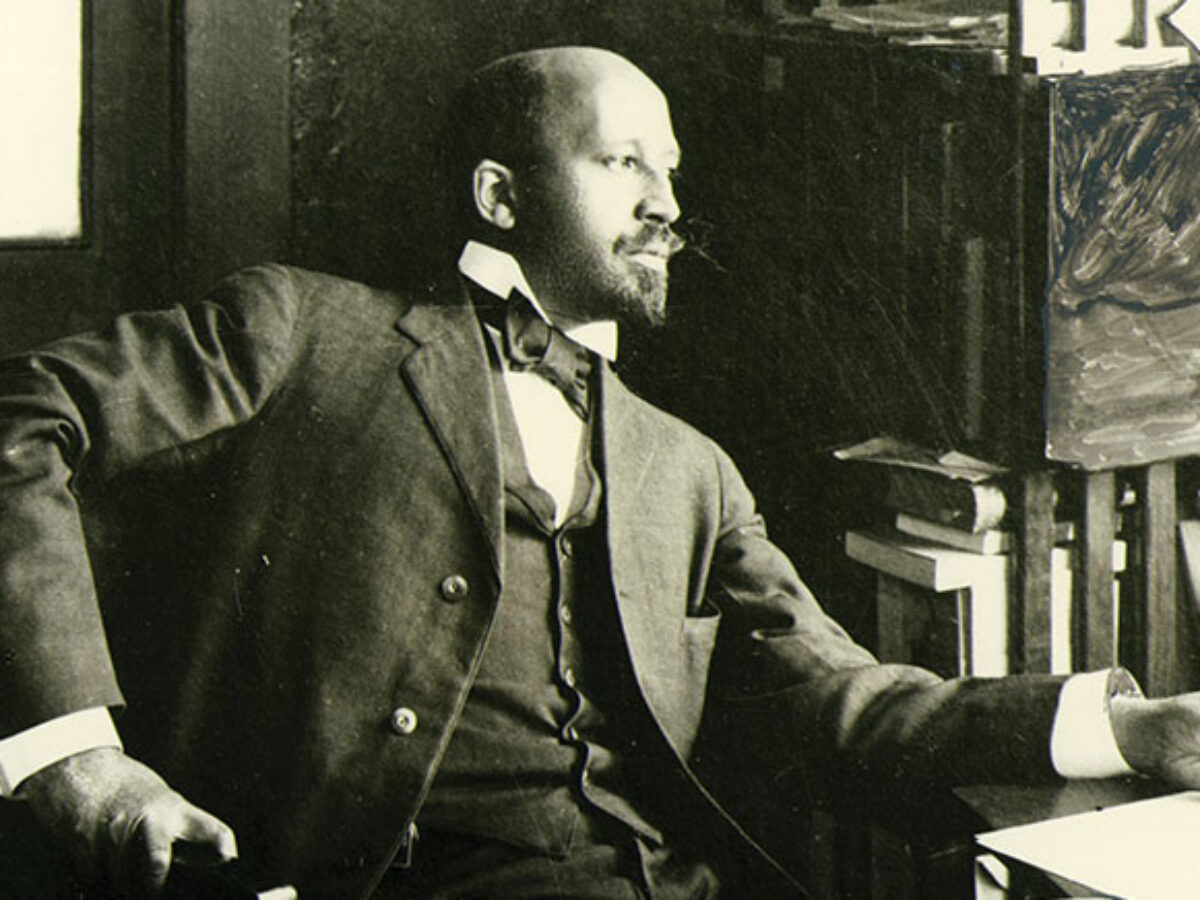By Makiza Micheline Latifa
The W.E.B. Du Bois Museum Foundation has marked the 62nd anniversary of the passing of Dr. W.E.B. Du Bois. The Pan-Africanist, scholar, and civil rights leader died on August 27, 1963, at the age of 95.
This year’s commemoration, held at the Du Bois Memorial Centre for Pan-African Culture in Accra, featured a symposium, wreath-laying ceremony, the launch of a special exhibition dubbed “The Du Boises in Ghana”, and a commemorative dinner in his honor.

Du Bois in Ghana
In the final years of his life, Du Bois moved to Ghana at the invitation of Ghana’s first President, Osagyefo Dr. Kwame Nkrumah, who described him as a “true citizen of the world.” Nkrumah believed Du Bois’ intellectual force and Pan-African vision would strengthen Ghana’s role as the cradle of African liberation. Du Bois took up residence in Accra in 1961 to work on the Encyclopedia Africana, a monumental project to document the history and achievements of people of African descent worldwide.
Although he passed away just a day before Ghana declared independence as a republic in 1963, his presence in Ghana cemented the country as a symbolic home for Pan-Africanists.
Preserving His Legacy
Executive Director of the Museum Foundation, Japhet Aryiku, stressed the importance of the project to keep Du Bois’ vision alive.

“This project is about safeguarding the life and work of Du Bois so that future generations can study his impact and continue his mission,” Aryiku said.
On behalf of the Minister of Tourism, the Deputy Minister, Hon. Yussif Issaka Jajah, reaffirmed government’s commitment to elevate the memorial centre.
“We will ensure that his legacy is preserved in our policies, our institutions, and our culture,” he said.
“The Ministry is working to see to it that the uplifting of the Centre comes to pass, and government remains fully committed to completing this project.”

Global Voices
The symposium, themed “Preserving Du Bois’ Legacy in the 21st Century: Challenges, Opportunities and Global Impact,” featured contributions from leading thinkers. Nikole Hannah-Jones, writer for The New York Times Magazine, emphasized the scholar’s enduring impact on journalism and public discourse.
“Du Bois understood the power of journalism,” Hannah-Jones said. “Even when attempts were made to discredit his work, his vision and ideas endured and continue to influence generations.”

For many participants, the commemoration was deeply personal. Jamille Shuler, a member of the Divine Nine and the Association of African Americans in Ghana, said Du Bois’ story remains a bridge between African Americans and the continent. Jeffrey Alan Peck Sr., great-grandson of Du Bois, described the day as a living connection between memory and heritage.
A Legacy That Lives On
The exhibition “The Du Boises in Ghana” also opened to the public, chronicling the life of Du Bois and his family during their years in Accra.

Du Bois’ former residence, where he lived until his passing, was later converted into the Du Bois Memorial Centre for Pan-African Culture. Today, it stands not only as a museum but as a place of study, reflection, and pilgrimage for Pan-Africanists from across the world.
Sixty-two years after his passing, the spirit of W.E.B. Du Bois continues to inspire struggles for justice, unity, and equality, values that remain as urgent today as when he first championed them.


